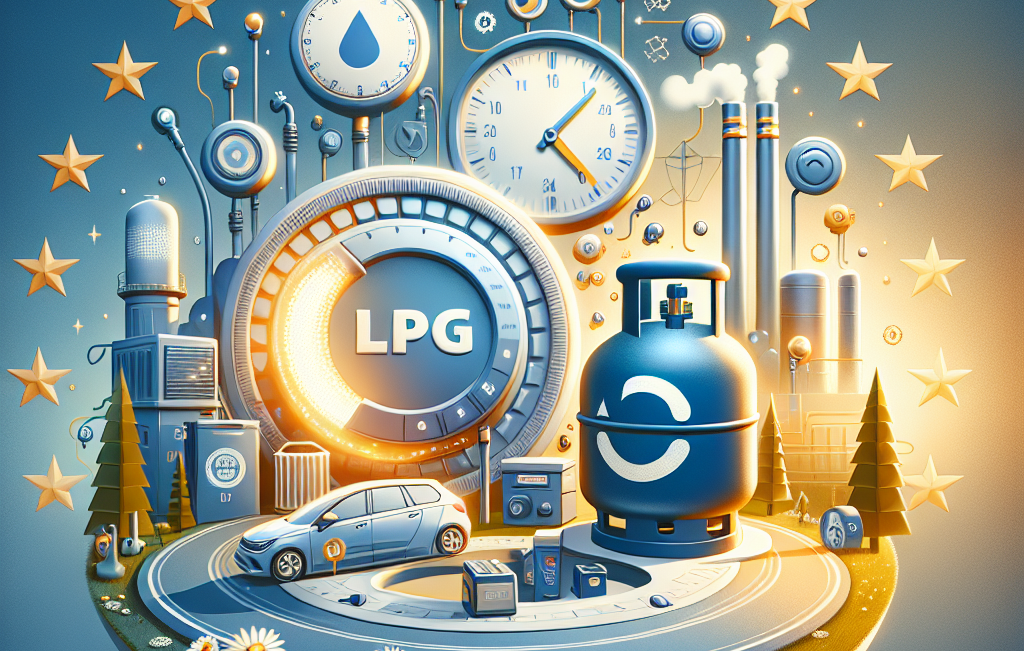The European Union’s 2026 engine ban has been a hot topic in the automotive industry, with many countries and organizations gearing up for its implementation. One such organization is the Italian LPG Association (AEGPL), which represents the interests of the LPG (liquefied petroleum gas) industry in Italy. In this interview, we speak with AEGPL President, Fabio Vagnoni, to learn more about the association’s preparations for the upcoming review of the EU 2026 engine ban.
Q: Can you tell us about the Italian LPG Association and its role in the automotive industry?
A: The Italian LPG Association, or AEGPL, was founded in 1962 and represents the interests of the LPG industry in Italy. Our members include LPG producers, distributors, and equipment manufacturers. We work closely with government institutions and other stakeholders to promote the use of LPG as a clean and efficient alternative fuel.
Q: How is the AEGPL preparing for the upcoming review of the EU 2026 engine ban?
A: The AEGPL has been actively involved in discussions and consultations with the European Commission and other stakeholders regarding the review of the EU 2026 engine ban. We have been advocating for the inclusion of LPG as a viable alternative fuel in the ban, as it is a clean and readily available option that can help reduce emissions and improve air quality.
Q: What are the potential impacts of the EU 2026 engine ban on the LPG industry in Italy?
A: The EU 2026 engine ban has the potential to significantly impact the LPG industry in Italy. If LPG is not included as an alternative fuel in the ban, it could lead to a decrease in demand for LPG vehicles and infrastructure, which would have a negative effect on the industry. However, we are hopeful that our efforts to promote LPG as a clean and efficient fuel will be recognized and that the ban will include LPG as a viable option.
Q: How does LPG compare to other alternative fuels, such as electric and hydrogen, in terms of emissions and availability?
A: LPG is a clean and low-emission fuel, with significantly lower levels of particulate matter and nitrogen oxide emissions compared to gasoline and diesel. It is also readily available, with a well-established infrastructure in Italy and other European countries. While electric and hydrogen are also clean alternatives, they are not as widely available and require significant investments in infrastructure. LPG, on the other hand, can be easily integrated into existing infrastructure and is a more cost-effective option.
Q: What are the AEGPL’s future plans for promoting LPG as an alternative fuel in Italy?
A: Our main focus is to continue advocating for the inclusion of LPG in the EU 2026 engine ban and to promote its benefits as a clean and efficient fuel. We also plan to work closely with government institutions and other stakeholders to further develop the LPG market in Italy and increase its use in transportation, heating, and industrial applications.
The AEGPL is actively preparing for the upcoming review of the 2026 EU engine ban and advocating for the inclusion of LPG as a viable alternative fuel. With its low emissions and wide availability, LPG has the potential to play a significant role in reducing emissions and improving air quality in Italy and across Europe. The association’s efforts to promote LPG as a clean and efficient fuel will continue to drive the industry forward and contribute to a more sustainable future.

